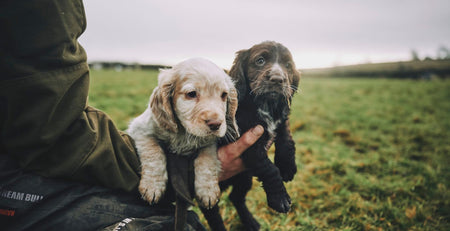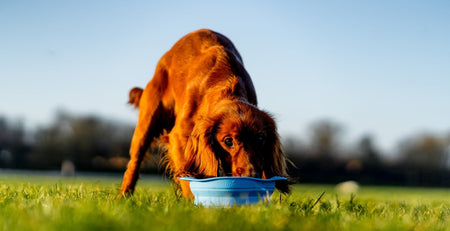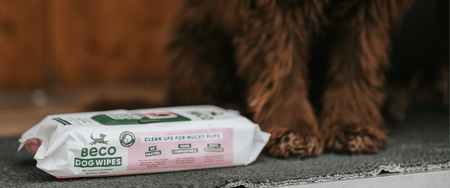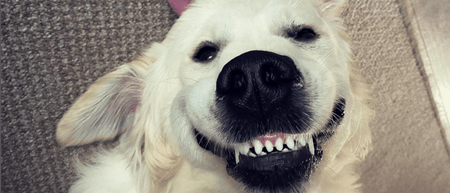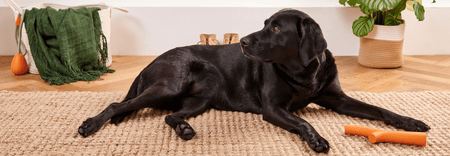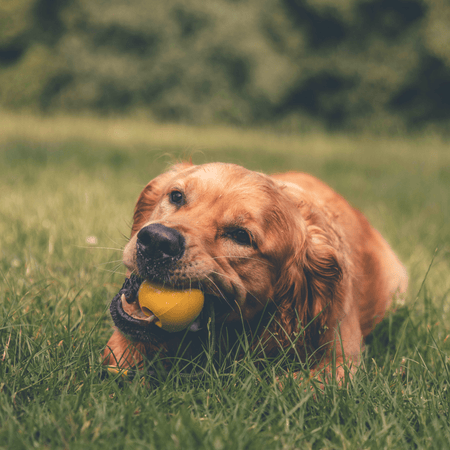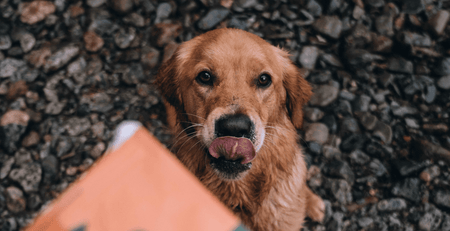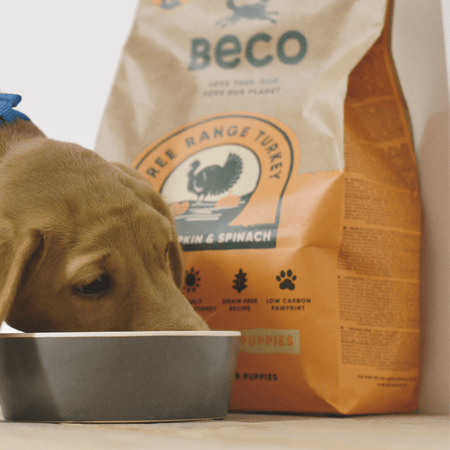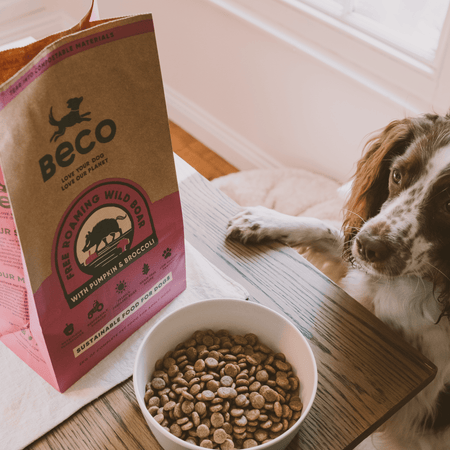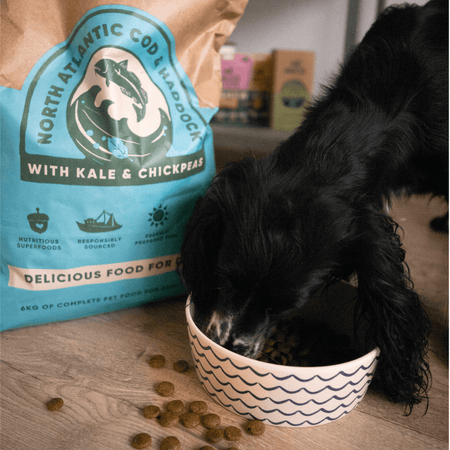The first few months are crucial in puppy development and can also be the most challenging. It’s not all cuddles and cute faces, puppies can wreak havoc in your home if you don’t know what you’re doing. So, here’s everything you need to know as a first-time puppy owner.
What dog breed is right for me?

Getting the right breed is the first step in your puppy journey. Like people, you’ll get on with some dog breeds better than others. Every breed matches a different lifestyle so being honest from the start will help you identify which breed will fit effortlessly into your life. Here are a few things to consider:
Size including height and weight
Energy levels
Intelligence and trainability
Grooming
Temperament (how do they get on with other dogs and people?)
If you’re not sure what would best suit you, don’t worry. Plenty of online resources can help identify which breeds are the best match for you. It’s important that you read up about your dog breed to better understand their behaviours. This way, you can make sure they have a seamless transition from their litter into your home. It also means you can tailor their home experience and training to suit their individual needs.
How to prepare for a puppy

Puppy care starts before you even bring your cute new addition home. Not only will this save you a lot of hassle it also means that your pup can settle in right away. Here are some things to consider before your puppy steps foot in your house:
1. Puppy-proof the house
Just like having a baby, you’ll need to make sure your home is safe for a tiny new family member. Puppies tend to chew things, so, make sure anything chewable is tidied away. That includes electrical wires, shoes, rugs – just about anything that can get their teeth around. This is just a phase, and they will eventually grow out of it, so, it’s not forever. You’ll also need to make sure you shut off any rooms where any toilet accidents wouldn’t be welcomed and lay down puppy training pads in places that are easily cleaned.
2. Register with a vet and get insurance
Spend some time researching local vets and ask local pet owners if they have any recommendations. Getting a good vet is essential for your puppy’s healthcare throughout their whole life. A good vet will explain the relevant vaccinations and ongoing healthcare, like worming, flea treatments and other maintenance care. You’ll also need to get insurance for your new pet. This will cover vet costs up to a certain cost depending on the premium which will be hugely helpful if you ever need to make a claim.
We know finding the right pet insurance policy can be tricky, so why not make the choice as simple as possible? Our friends over at Waggel provide just one kind of policy; Lifetime, to help you and your pet get the most from your insurance even when you’re not claiming. If you do need to claim, you’ll be assigned a UK-based vet nurse to help you every step of the way. Waggel also offers a unique membership platform where you can access discounts to independent pet brands and connect with online vets, nutritionists and behaviourists anytime you need a helping hand.
3. Buy puppy supplies
Arguably one of the most fun parts of preparing for your puppy, buying all the home comforts! Here is a basic list of what you’ll need:
Dog bed
Food and water bowls
Toys (make sure they are age-appropriate for your puppy)
Cleaning supplies, including toilet training pads
Crate to help with toilet and general training
Collar and lead with an identity tag
Grooming supplies
Food and treats
What age do puppies start learning basic commands?

Puppies are usually around 8-weeks old when they start picking up basic commands. That means, if you’re buying from a breeder, they are in an important stage of their mental development as soon as you pick up your puppy. So, start training your puppy as soon as they are home with you. That includes standard behaviours, like:
Sit
Stay
Lie down
Leave or drop
Recall or come
Heal (both on and off lead)
Of course, if you have an intelligent breed, like a Border Collie, you may even be able to teach them advanced commands from a young age. That can include agility and other fun tricks. Make sure you’ve got the basic commands nailed first before trying anything else.
Look out for bad puppy behaviour
Naturally, your dog training journey may not be a smooth experience. It isn’t for most people. That doesn’t mean your puppy is bad, they may just need some extra training to help them unlearn bad habits. Some typical red flags include:
Avoidance of people or other dogs
Excessive barking
Lunging, or jumping up at people
Resistance to basic obedience commands
Separation anxiety including whining and crying when left alone
Chewing or destroying things beyond what is expected
Aggression and growling towards other dogs or people
Some of these behaviours are more serious than others. But the earlier you address them and make steps to improve them, the better your puppy’s chance of growing up into a well-rounded dog. So, keep an eye out and don’t be ashamed to get in touch with a dog behaviour specialist who can help you. Don’t worry, with the right training, most puppies and dogs can overcome these habits.
Sign up for puppy socialisation classes
When your puppy is a bit older, between 12 and 16 weeks, you’ll want to get them into socialisation classes. You can socialise your puppy at home but it’s best to go to a class where they can work with other puppies and new people. Puppy socialisation is crucial, it allows them to get comfortable with new situations, sounds, sights, and smells – it lets them explore and get accustomed to their senses. And it’s not just all about the puppy too, socialisation classes allow you to chat with dog behaviour experts and other puppy owners which is ideal for your learning as a new dog owner.

